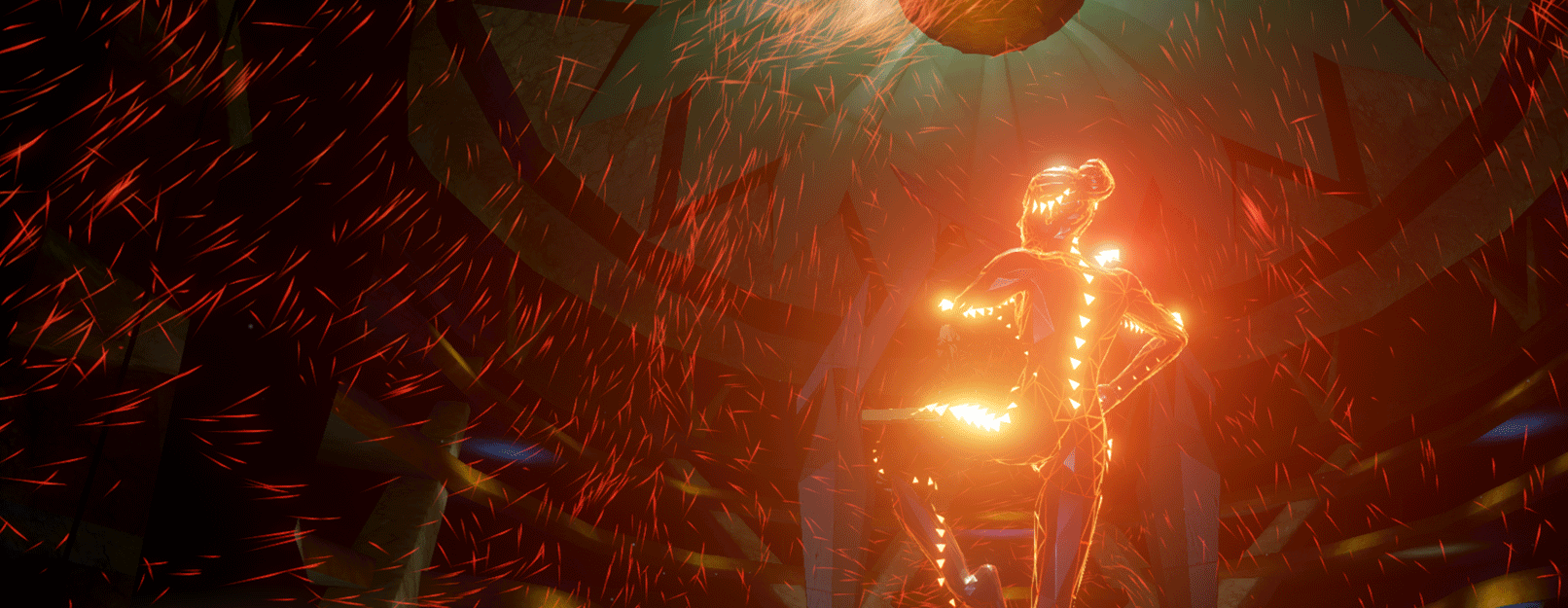
Earlier this month RYOT, Kaleidoscope, and Oculus got together for the second DevLab — an accelerator for next generation virtual and mixed reality projects. We spoke with Jake Sally Director of Immersive Development at RYOT before the event, and followed up with both Jake and René Pinnell, the CEO & Founder of Kaleidoscope via the wonder of email.
No Proscenium: How do you feel this year’s DevLab program went?
Jake Sally: It was really meaningful to see each creative team’s project enter and leave with tangible goals and a network of support from fellow artists and presenters. This was RYOT’s first opportunity to partner with Kaleidoscope on the incubator, and René has done an incredible job crafting a truly innovative incubator that’s armed all of the creators with the tools they need to make the next wave of game-changing XR content.
René Pinnell: This year’s DevLab was a big success. We had an amazing batch of artists go through the program — our workshop leaders, speakers and performers were among some of the most interesting and creative people in the world. And most importantly, I think all the projects are leaving the program with a clear direction and are on a solid path.
NP: What’s one thing from this year’s workshops that you wish every VR/AR/MX creator could experience?
Get Noah J Nelson’s stories in your inbox
Join Medium for free to get updates from this writer.
SubscribeSubscribe
René: Justin Willman’s performance and talk about how the principles and insights of magic can apply to VR/AR/MX was definitely a highlight. So that would be the one thing I wish everyone could experience. But I think the meta takeaway from DevLab 2018 is that it’s time for us XR creators to exit the experimental phase of our art form, and move into a new phase where we produce larger and more ambitious projects that have a clear path to profitability.
Jake: On the last night of the lab we took all of the creators to Los Angeles’ world famous Magic Castle — a private club where magicians from all over the world come to perform. Anyone working in VR/AR/MX should take the time to go see a professional magician perform because all this digital content that’s being created is really a true feat of magic for the average consumer. Once you’ve been working in the XR space for a few years, it’s easy to forget that. But magic shows provide a great reminder that there’s true wonder created by this XR content. Also the techniques the magicians use — like misdirection, dynamic narrative and proximity-based illusions — are all valuable lessons to have in the XR toolkit.
NP: What should we — the viewing public — be keeping our eyes out for from this year’s “class?” Or, if you don’t want to play favorites, what from this year’s ‘class’ are we likely to see first on the festival circuit and beyond?
Jake: I think we’re on the eve of some truly incredible location based XR content that audiences all over the world should be excited to explore. With all of standalone VR headsets coming out next year, like the Oculus Quest, I think creators are finally empowered to begin making experiences that transcend the pesky 15ft x 15ft prison we’ve been trapped in for years. In a similar fashion, I think festivals are going to continue to be on the vanguard of that location-based XR narrative.
NoPro is a labor of love made possible by our generous Patreon backers. Join them today!
This month we’d also like to thank The Johnny Carson Center for Emerging Media Arts for sponsoring our features.
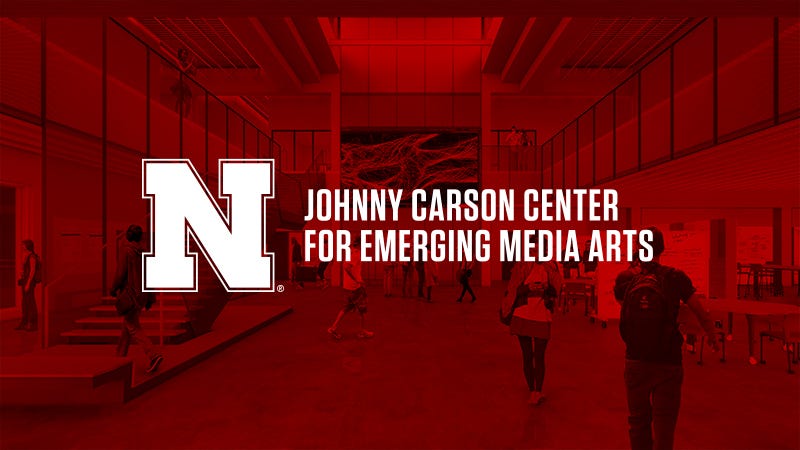
In addition to the No Proscenium web site, our podcast, and our newsletters, you can find NoPro on Twitter, Facebook, YouTube, Instagram, in the Facebook community Everything Immersive, and on our Slack forum.



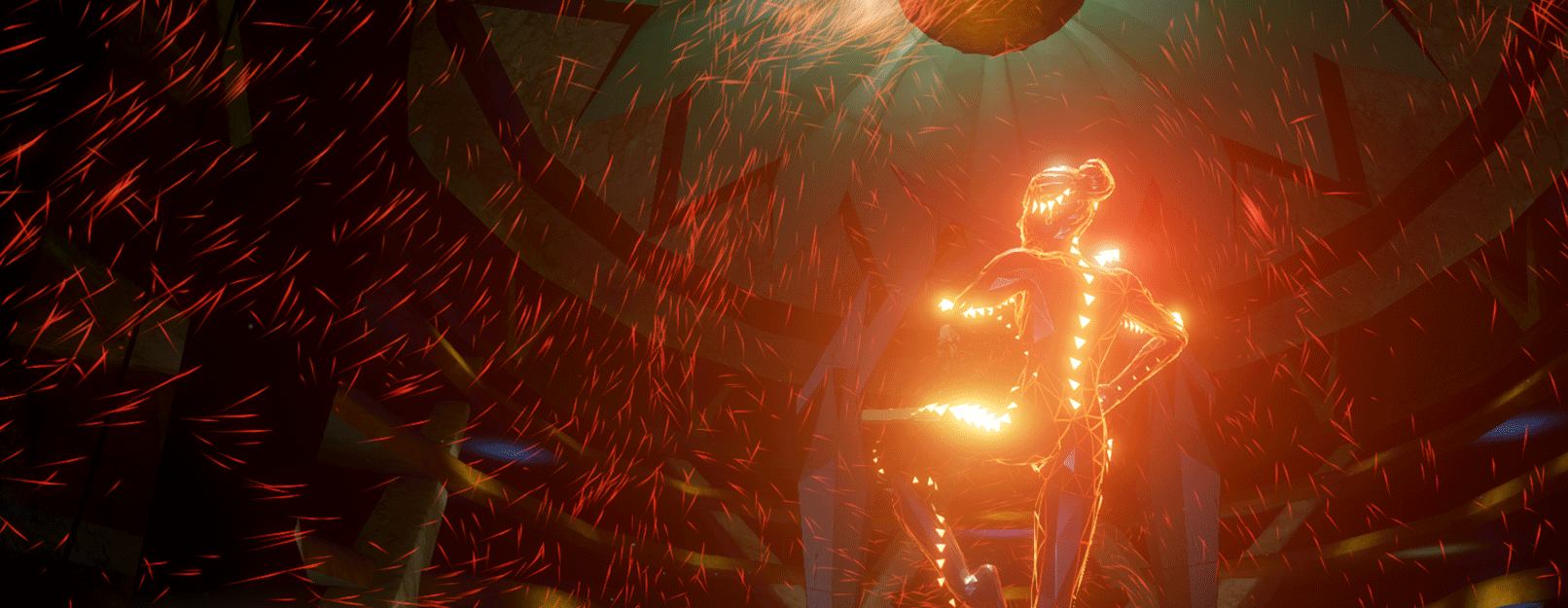
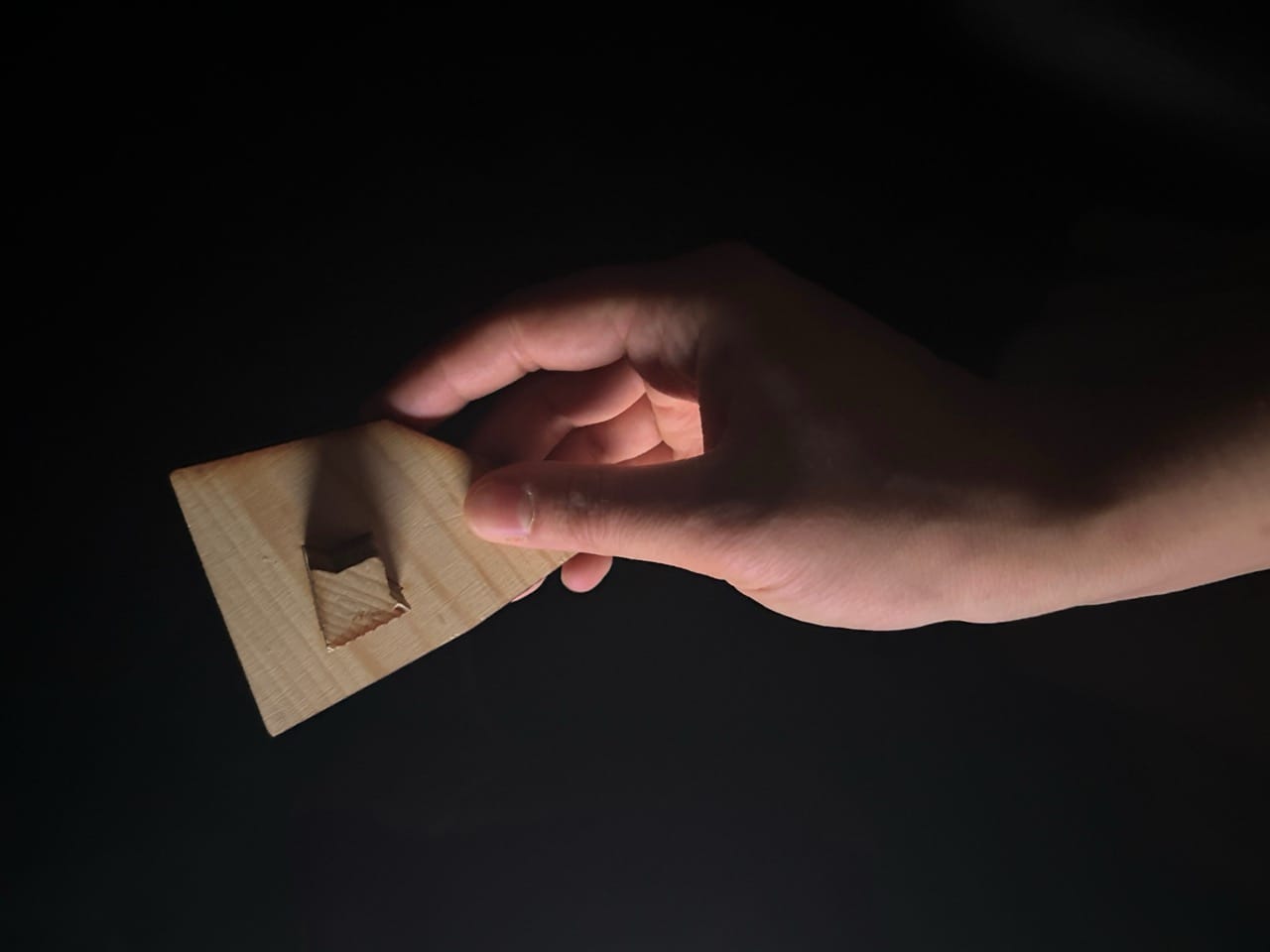
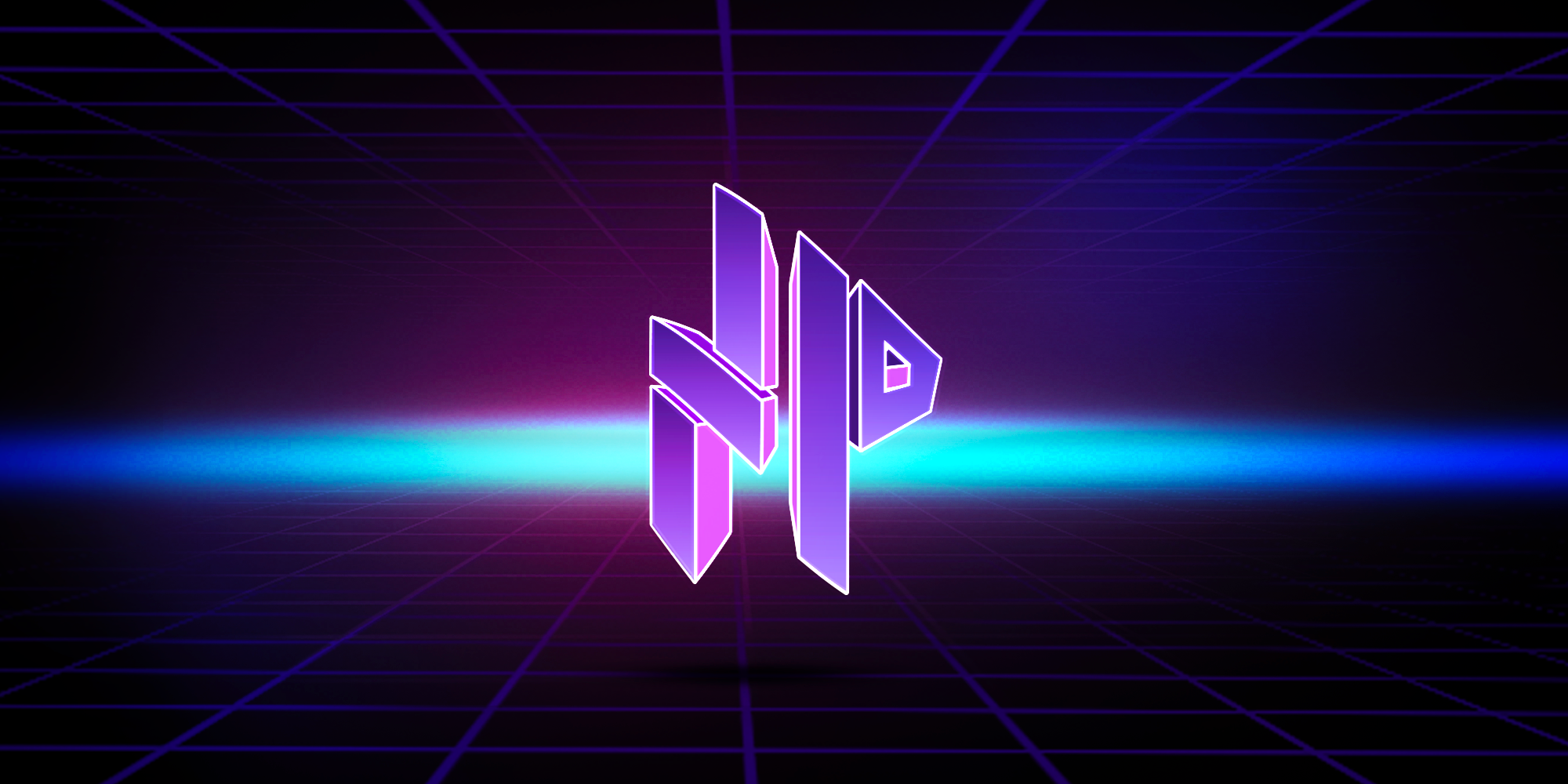
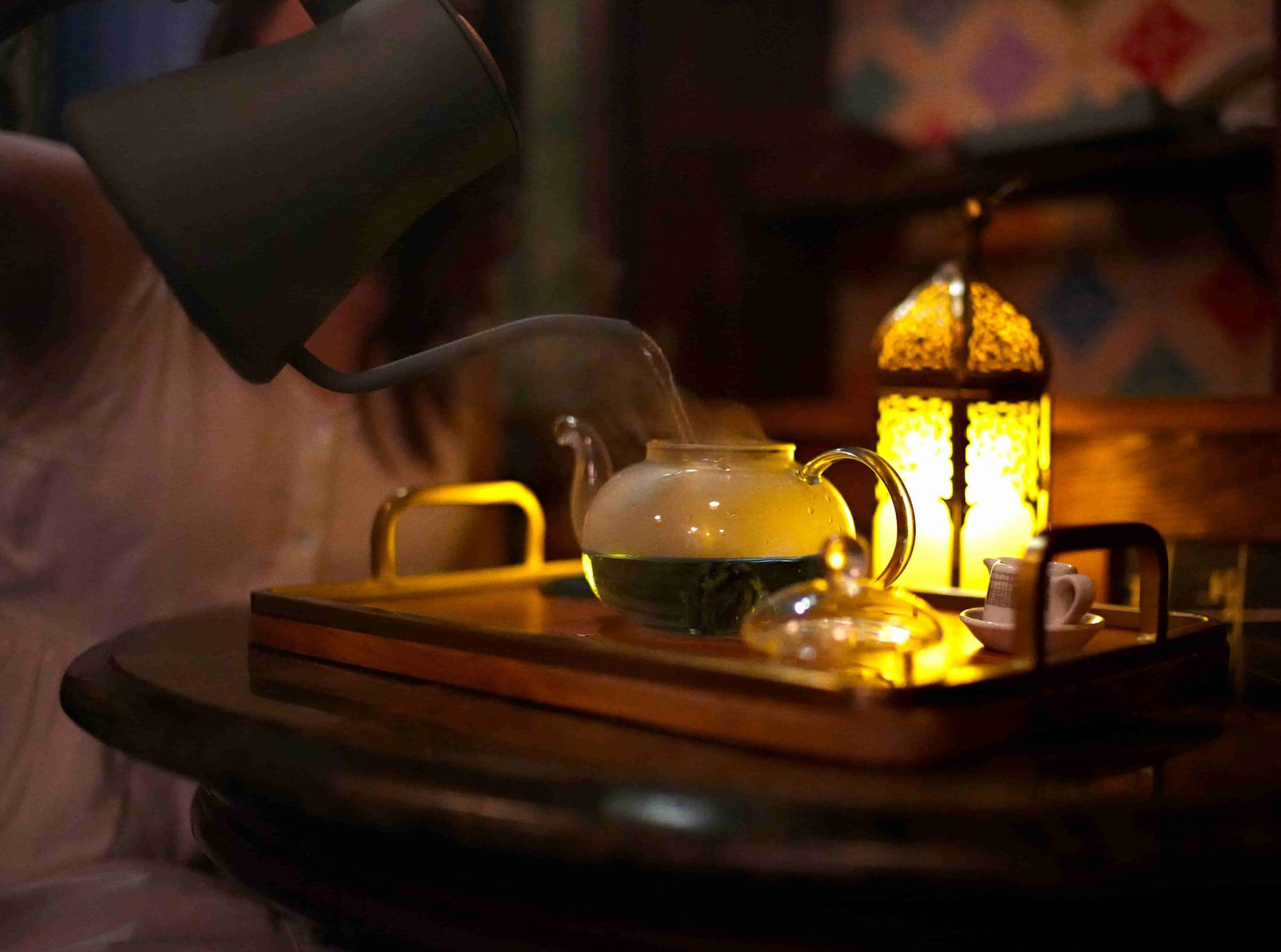
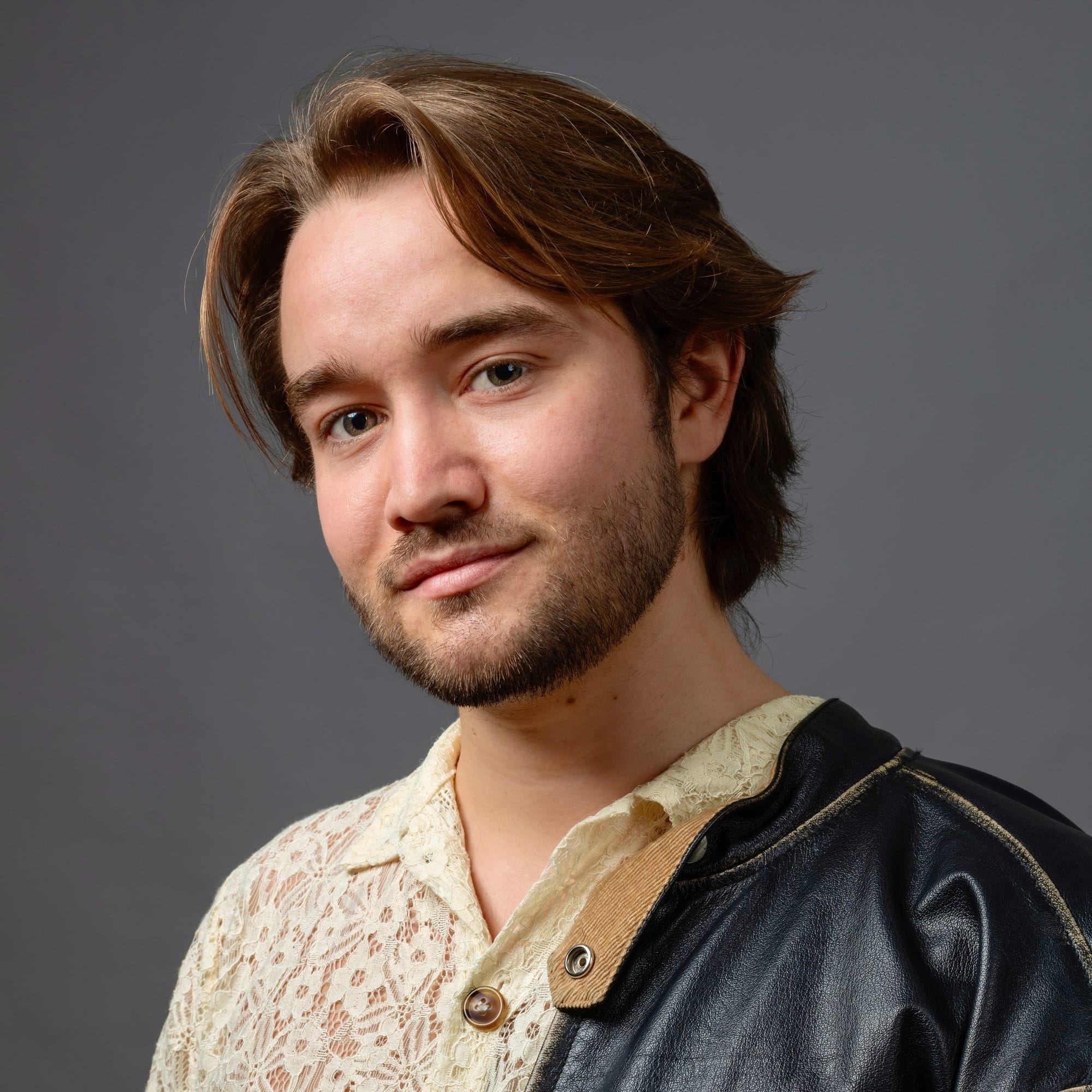
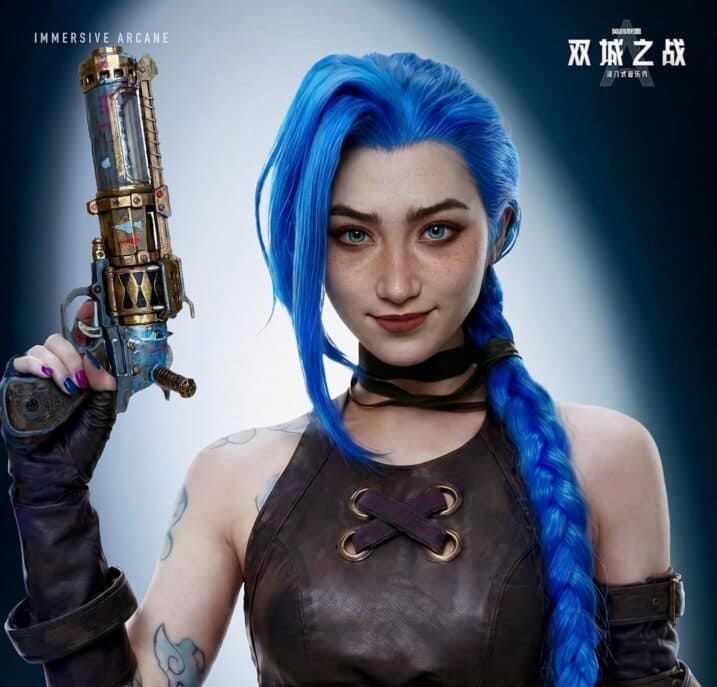
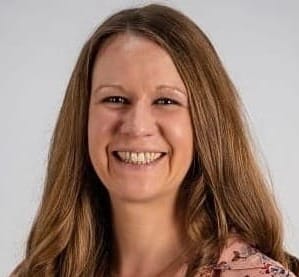

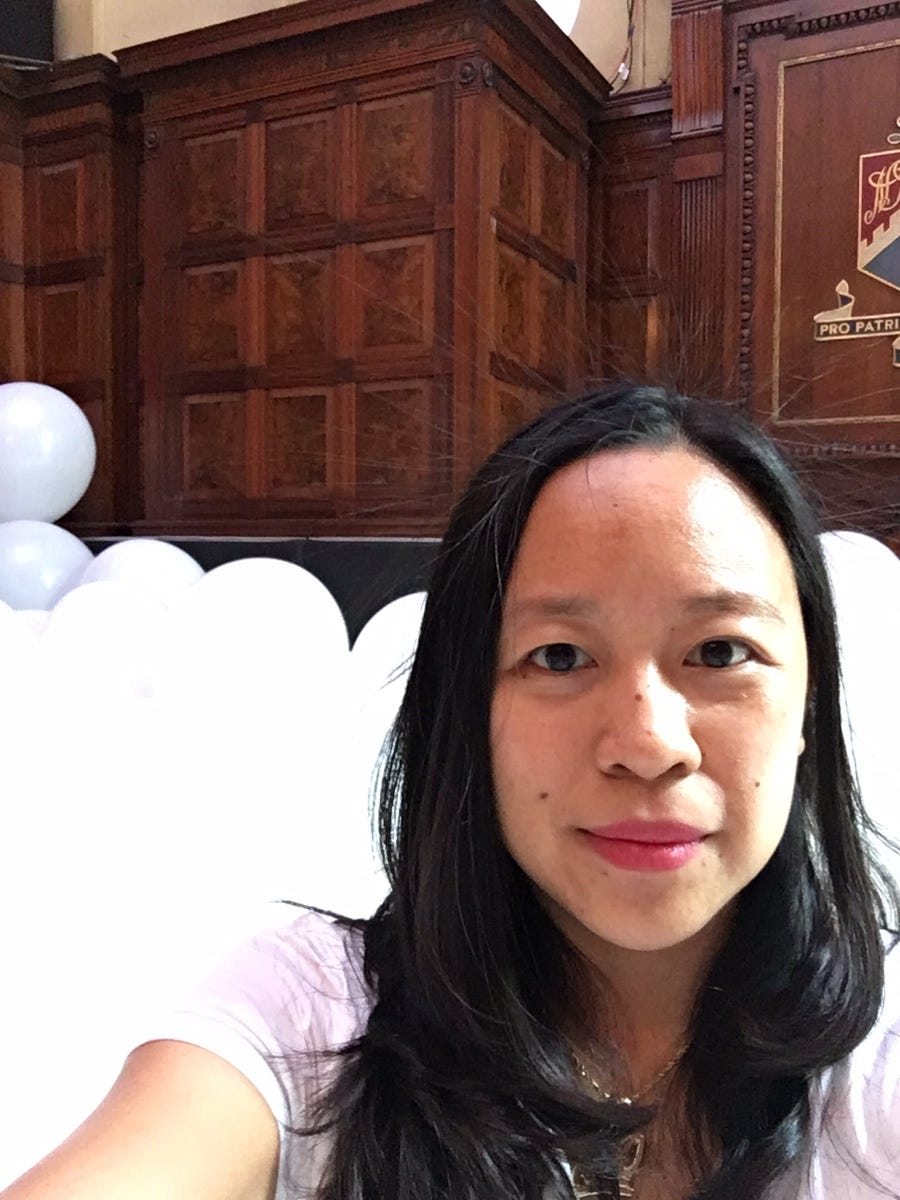
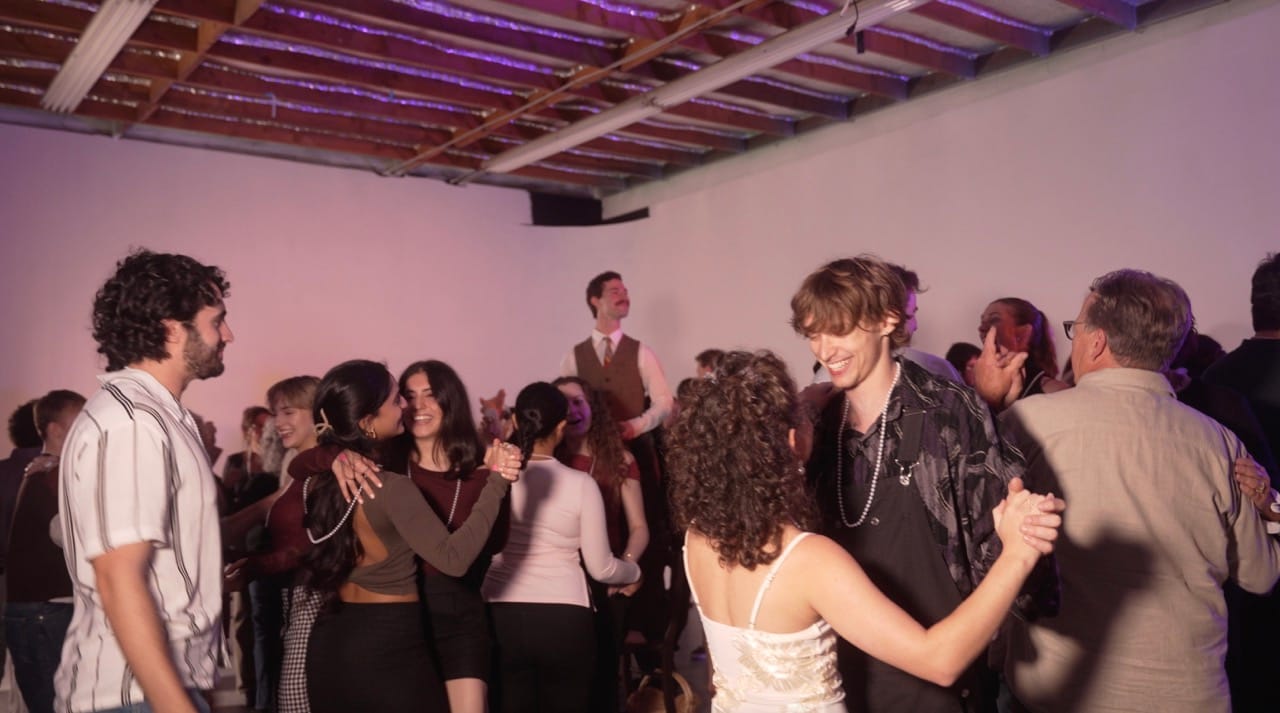
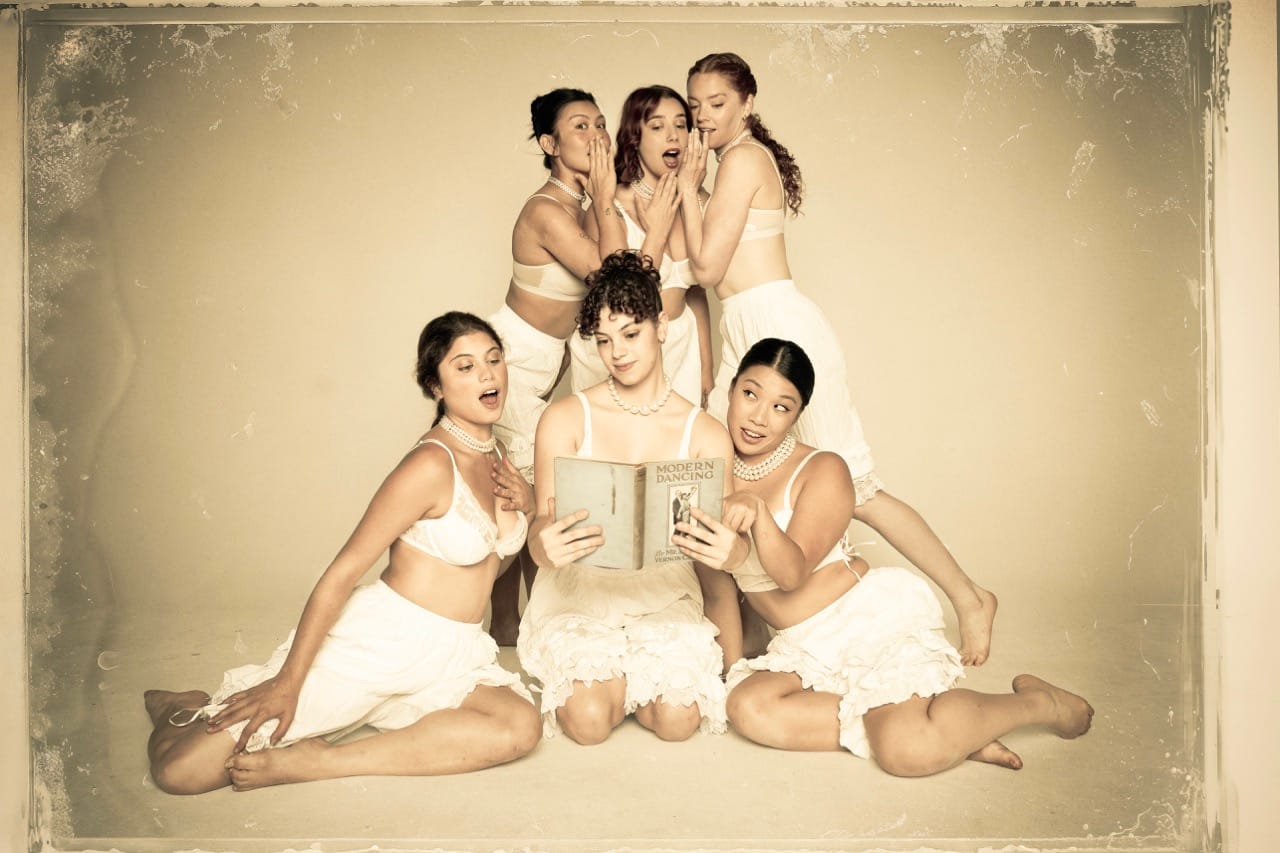
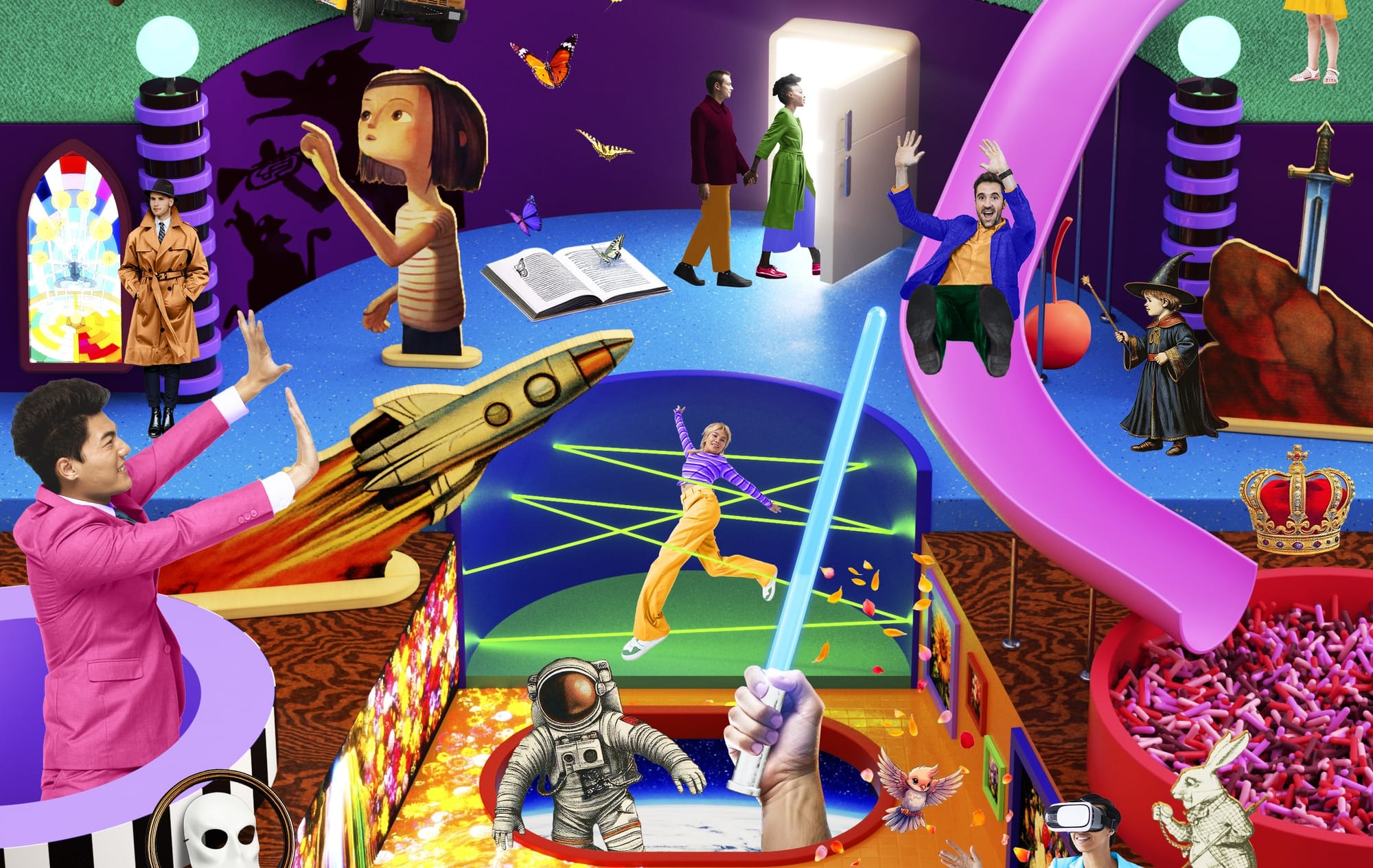
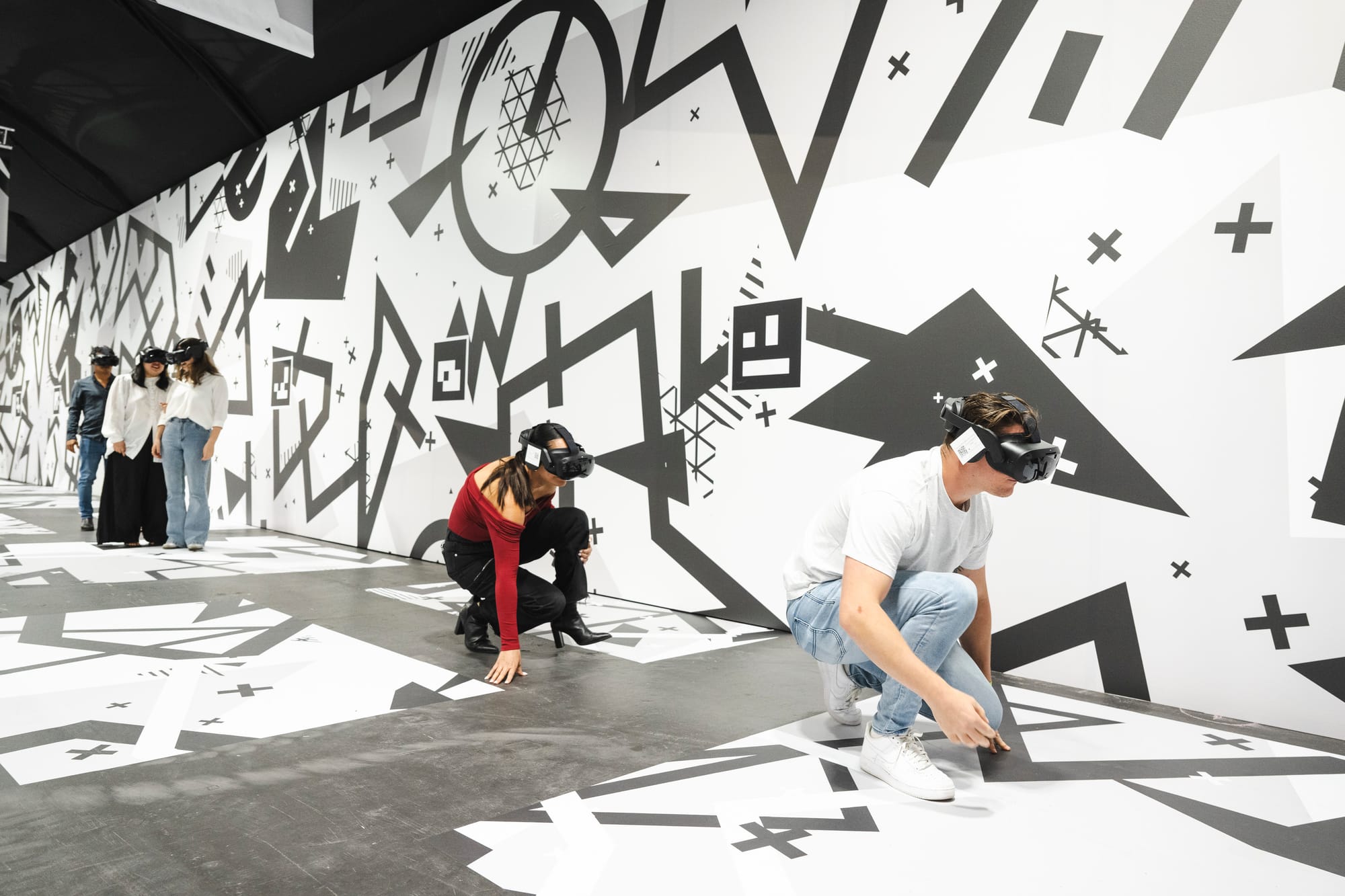
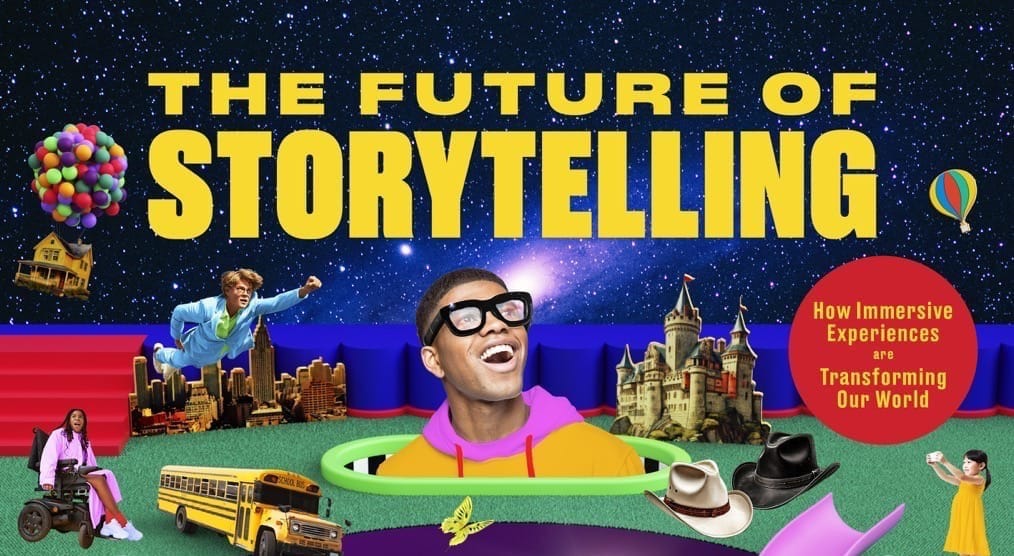

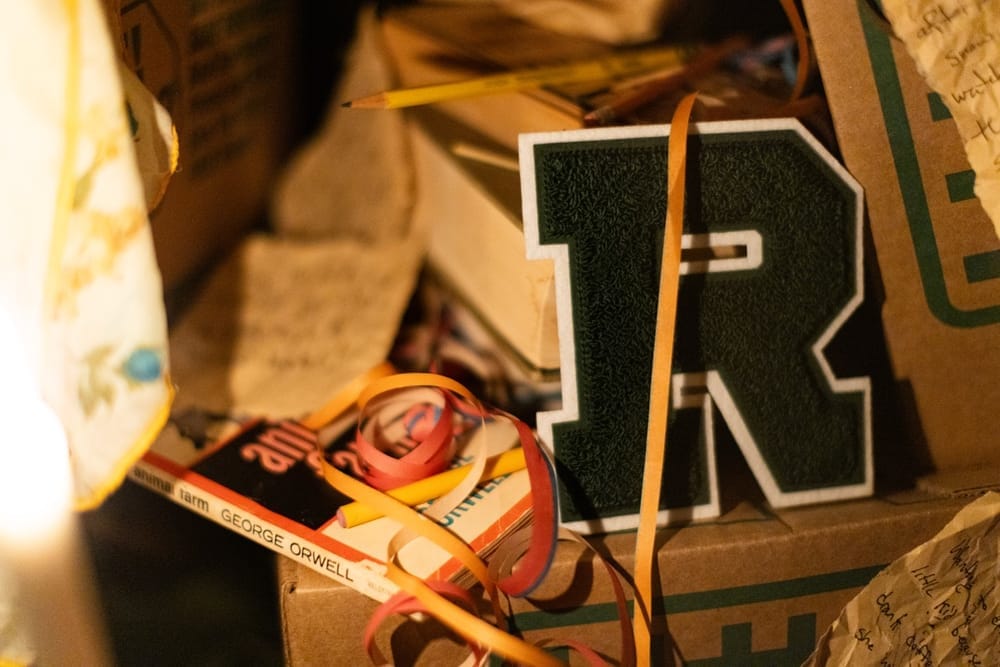
Discussion